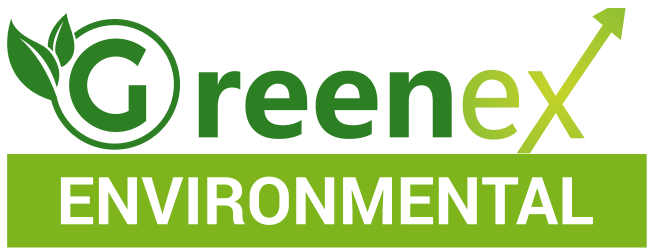
Life Cycle Assessment Services ,Environmental Sustainability Services, Carbon Footprint Services, Environmental Impact Assessment Services, Sustainability Report Services, Environmental Product Declaration Services, Green Technology Services, Lifestyle For Environment Services, Measuring Carbon Footprint Services, Green Building Certification Services, Environmental Audit Services , Water Footprint Services
Carbon Disclosure Project (CDP): A Strategic Investment in Corporate Sustainability
